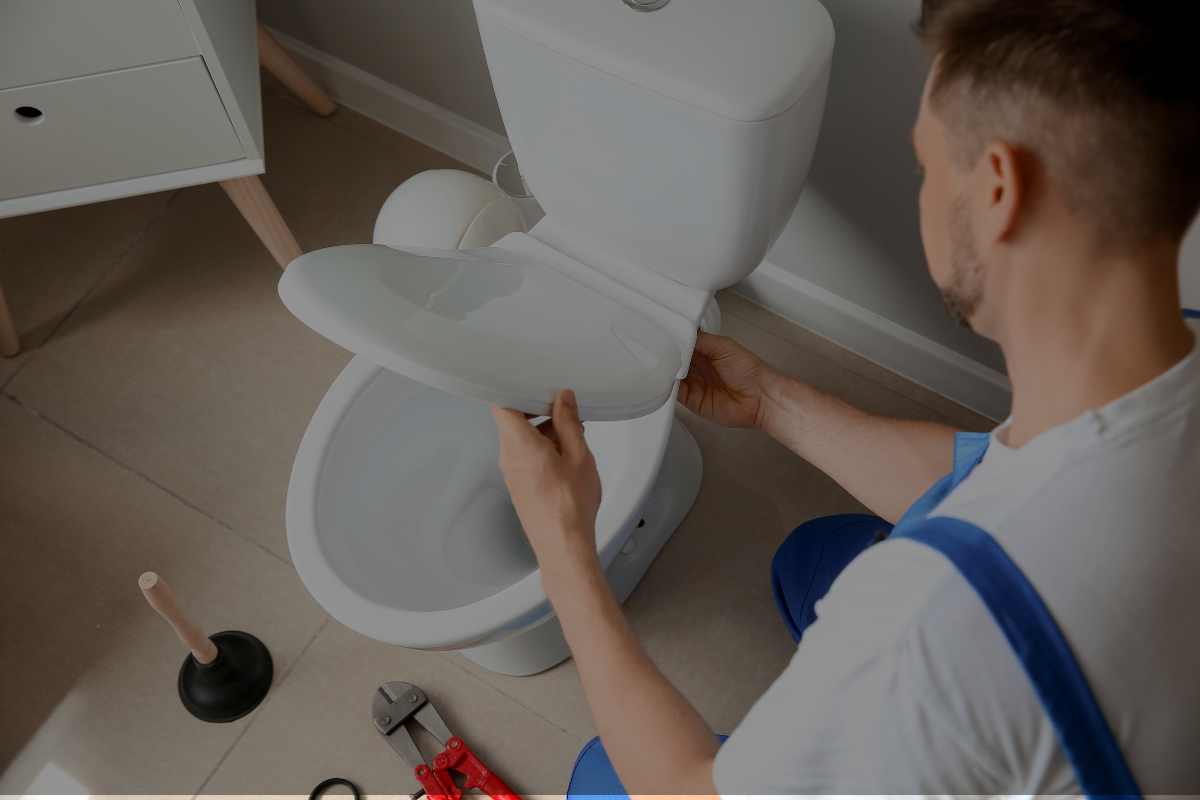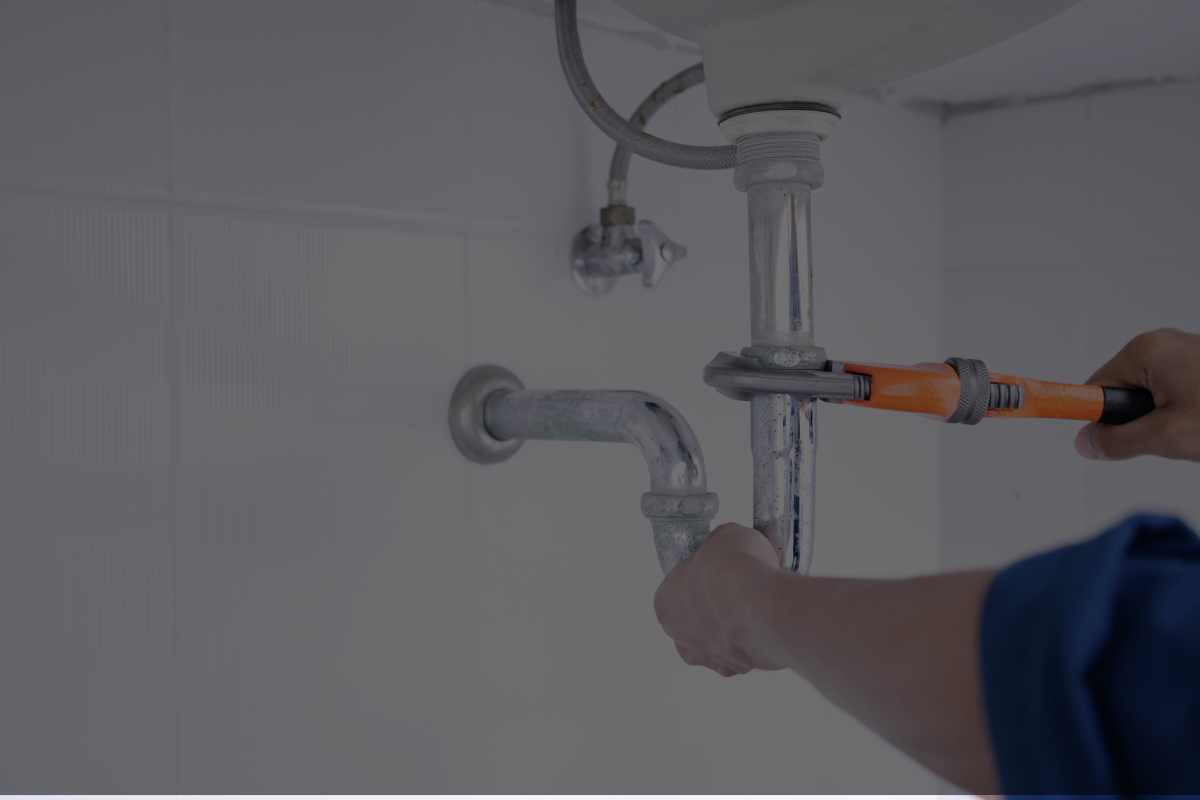Maintaining a healthy plumbing system is essential for the comfort and functionality of your home. While some plumbing issues are unavoidable, many common problems can be prevented with regular maintenance and a few proactive measures. In this blog post, we’ll explore practical tips and strategies to help you prevent common plumbing issues and keep your plumbing system running smoothly.
1. Regular Maintenance and Inspections
One of the most effective ways to prevent plumbing issues is to schedule regular maintenance and inspections with a professional plumber. During these inspections, a plumber can identify potential problems before they escalate into major issues. Regular maintenance includes checking for leaks, inspecting pipes, and ensuring that all fixtures are in good working condition.
Tip: Schedule a professional plumbing inspection at least once a year to catch any issues early.
2. Avoid Chemical Drain Cleaners
Chemical drain cleaners may offer a quick fix for clogged drains, but they can cause long-term damage to your plumbing system. These harsh chemicals can corrode pipes, leading to leaks and other issues over time. Instead of using chemical drain cleaners, opt for natural alternatives or call a professional plumber to clear the blockage.
Tip: Use a mixture of baking soda and vinegar followed by hot water to naturally clear minor clogs.
3. Be Mindful of What You Flush
Toilets are designed to handle human waste and toilet paper only. Flushing other items, such as sanitary products, wipes, and paper towels, can cause serious blockages and damage to your plumbing system. Educate everyone in your household about what should and shouldn’t be flushed down the toilet.
Tip: Keep a wastebasket in the bathroom for non-flushable items.
4. Protect Your Pipes in Winter
Cold weather can cause pipes to freeze and burst, leading to significant water damage. To prevent this, insulate your pipes, especially those in unheated areas such as basements and crawl spaces. You can use pipe insulation or heat tape to protect your pipes from freezing temperatures.
Tip: During extreme cold, allow a trickle of water to run from faucets connected to exposed pipes to prevent freezing.
5. Address Leaks Promptly
Even small leaks can lead to big problems if left unaddressed. Leaks can cause water damage, mold growth, and increased water bills. Regularly check for leaks under sinks, around toilets, and near water heaters. If you notice any signs of a leak, such as damp spots or an unexplained increase in your water bill, take action immediately.
Tip: Keep an eye on your water meter. If it continues to run when all water is turned off, you likely have a leak.
6. Avoid Pouring Grease Down the Drain
Pouring grease down the drain can lead to serious clogs as it cools and solidifies in your pipes. Instead of disposing of grease in your sink, collect it in a container and throw it in the trash once it solidifies. Additionally, be cautious with food scraps, coffee grounds, and other substances that can cause blockages.
Tip: Use a sink strainer to catch food particles and debris before they enter the drain.
7. Know the Location of Your Shut-Off Valves
In the event of a plumbing emergency, knowing the location of your main shut-off valve can help you prevent extensive water damage. Ensure that everyone in your household knows where the shut-off valves are located and how to operate them. This includes the main water shut-off valve as well as individual shut-off valves for appliances and fixtures.
Tip: Label your shut-off valves for easy identification during an emergency.
8. Install Water Softeners in Hard Water Areas
If you live in an area with hard water, consider installing a water softener. Hard water contains high levels of minerals that can build up in your pipes and appliances, leading to reduced efficiency and increased wear and tear. A water softener can help prevent mineral buildup and extend the lifespan of your plumbing system.
Tip: Regularly check and replenish the salt in your water softener to ensure it functions properly.
9. Test Your Water Pressure
High water pressure can put undue stress on your plumbing system, leading to leaks and damaged fixtures. Use a water pressure gauge to test your water pressure regularly. If the pressure is too high, consider installing a pressure regulator to keep it within a safe range.
Tip: The ideal water pressure for most homes is between 40 and 60 psi (pounds per square inch).
10. Educate Your Household
Ensuring that everyone in your household understands proper plumbing practices can go a long way in preventing common plumbing issues. Teach children not to flush toys or other foreign objects down the toilet, and make sure everyone knows the basics of what can and cannot go down drains.
Tip: Create a simple guide or checklist of plumbing do’s and don’ts and place it in a visible area, such as the kitchen or bathroom.
Conclusion
Preventing common plumbing issues doesn’t have to be complicated. By following these simple tips and staying proactive about maintenance, you can avoid many problems plaguing homeowners. Remember, when in doubt, it’s always best to consult with a professional plumber to ensure your plumbing system remains in top condition.
For expert plumbing services and regular maintenance, contact Expert Plumbing Services in Fredericksburg, VA. Our team of licensed and experienced plumbers is here to help you keep your plumbing system running smoothly. Call us today at +1 (540) 600-0175 to schedule an appointment or learn more about our services.


